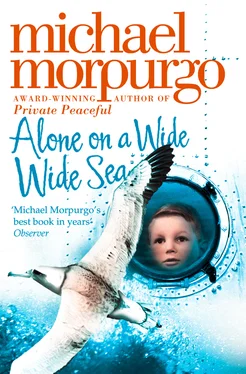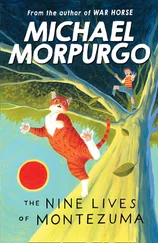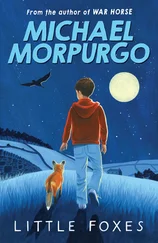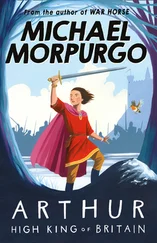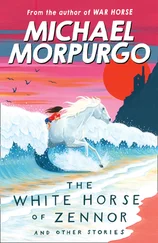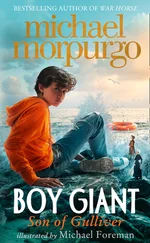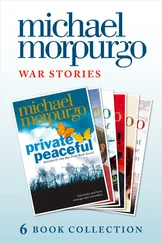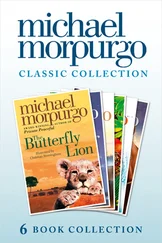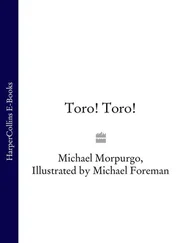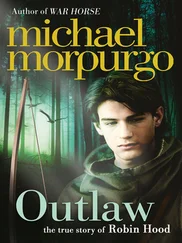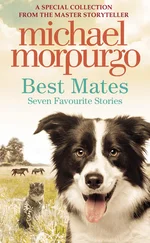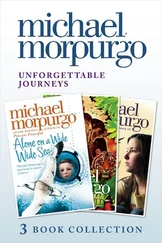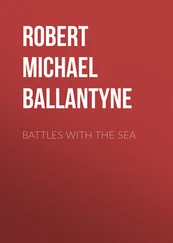In all the bustle and chaos on the dockside they gathered all of us children together, gave us a roll call, and then, without telling us why, began to split us up into groups. When I saw what was happening I stayed as close to Marty as I could. The last thing I wanted was to get separated from him. But that’s just what they tried to do. Marty grabbed my arm, held on to it, and told me to stay right where I was beside him. Quick as a flash, he said, “Him and me, Mister, we’re cousins. Where Arthur goes, I go. Where I go, Arthur goes.” The man ticking our names off his list said it was quite impossible, that arrangements had already been made and couldn’t be changed. He was adamant, and bad-tempered too. He shouted at Marty to button his lip and do as he was told. Like everyone else on the dockside, he spoke English, but it didn’t sound the same language as it had in England at all. I recognised the words, some of them, but the sounds they made were different and strange.
Marty didn’t shout back and scream. He didn’t jump up and down. Marty, I discovered, had his own very individual way of dealing with authority. He spoke very quietly, perfectly politely, fixing the man with a steady stare. “We’re staying together, Mister,” he said. And we did too, which was why I found myself later that morning sitting beside Marty on a bus, heading out of Sydney and into open country. There were ten of us on that bus, all boys, and as I looked around me I was relieved to see that only one of the boys from my cabin was there. It was Wes Snarkey, the one Marty had thumped that day on deck – he’d never given me any trouble since, so that didn’t bother me. Lady Luck really had smiled on me – that’s what I thought at the time anyway.
The driver, who seemed a chatty, cheerful sort of bloke, told us he was taking us to Cooper’s Station, a big farm over 300 miles away. It would take us all day to get there. Best to settle down and sleep, he said. But we didn’t. None of us did. There was too much to look at, too many wonders I’d never seen before. For a start, there were the wide open spaces, hardly a house in sight, hardly any people either. But that wasn’t all that amazed me that first day in Australia. All the animals and birds were as different and strange to us as the country itself. The bus driver told us what they were – and it turned out their names were about as odd as they were themselves – kookaburras and cockatoos and kangaroos and possums. They didn’t even have the same trees we had back home in England. They had gum trees and wattle trees instead. This wasn’t just a different country we were in, it was more like a different planet. And the scrubby surface of this planet seemed to go on and on, flat on every side as far as the horizon, which shimmered blue and brown and green. And the towns we drove through were like no towns I’d seen before. They had great wide dusty streets, and all the houses were low. If you saw another car it was a surprise.
I was hot and dusty and thirsty on that bus, and I thought the journey would never end, but I was happy. I was happy to have arrived, happy not to be sea-sick any more. Tired though we were, we were buoyed up by the excitement of it all. This was a new adventure in a new world. We were on a bus ride into wonderland and we were loving it, every single moment of it.
Evening was coming on by the time we got to Cooper’s Station, but we could still see enough. We could see it was a place on its own, way out in the bush, and we could tell it was a farm. I mean you could smell it straightaway, the moment we clambered down off the bus. There were huge sheds all around, and you could hear cattle moving and shifting around inside. And from further away in the gloom there was the sound of a running creek, and ducks quacking raucously. A gramophone record was playing from the nearby farmhouse, which had a tin roof and a verandah all around it. I thought at first that was where we’d all be living, but we were led past it, carrying our suitcases, down a dirt track and into a compound with a fence all around. In the centre of this was a long wooden shed with steps at one end and a verandah.
“Your new home,” the man told us, opening the door. I didn’t take much notice of him, not then. I was too busy looking around me. The gramophone needle got stuck as I stood there. I can never think of Cooper’s Station without that stuttering snatch of a hymn repeating itself remorselessly in my head, “What a friend we have in Jesus, have in Jesus, have in Jesus, have in Jesus”. I wasn’t to know it then, but it was the eerie overture that heralded the darkest years of my life.

Cooper’s Station and Piggy Bacon and God’s Work Cooper’s Station and Piggy Bacon and God’s Work Suffer Little Children Wes Snarkey’s Revenge Saints and Sinners Mrs Piggy to Ida “Only One Way Out” “Did We Have the Children Here for This?” “Just Watch Me” “For She’s a Jolly Good Fellow” Wide as the Ocean “Couple of Raggedy Little Scarecrows” Henry’s Horrible Hat Hole I Must Go Down to the Sea Scrambled Eggs and Baked Beans “You’re my Boys, Aren’t You?” Freddie Dodds One January Night An Orphan Just the Same Things Fall Apart The Centre Will Not Hold Oh Lucky Man! Kitty Four Part Two: The Voyage of the Kitty Four What Goes Around, Comes Around Two Send-offs, and an Albatross Jelly Blobbers and Red Hot Chili Peppers And Now the Storm Blast Came Just Staying Alive “Hey Ho Little Fish Don’t Cry, Don’t Cry” Around the Horn, and with Dolphins Too! Dr Marc Topolski “One Small Step for Man” Alone on a Wide Wide Sea “London Bridge is Falling Down” Now you’ve read the book Afterword Acknowledgements Keep Reading About the Author Also by the Author About the Publisher
I think it was from the moment they first shut us in the dormitory block at Cooper’s Station, and we heard the door bolted behind us, that I have hated walls about me and locked doors. I never lock the doors of my house even now – never. Ever since Cooper’s Station, doors and walls have made me feel like a prisoner. I was about to find out, as we all were, not what it was like to be a prisoner, but what it was to be a prisoner. Worse still we were slaves too.
I’ve had a lot of time to think things over since. I’m still angry about Cooper’s Station, about what they did to us there. But we weren’t the first. Two hundred years or so before we were sent out from England to Australia, others had made the same journey we did. They had come in chains in the stinking bowels of transport ships. We may have come in a beautiful ship, with pillar-box-red funnels and an orchestra, but we were prisoners just like them. And they must have very soon discovered, as we did, that you weren’t just a prisoner, you were a slave as well, and that when you’re a slave they don’t just take away your freedom, they take away everything else as well because they own you. They own you body and soul. And the soul, we were about to find out, was particularly important to our owners.
I can’t pretend I had any understanding of all this then, lying there clutching my lucky key in the sweltering darkness of the dormitory during my first night at Cooper’s Station, but I knew already that the dream had died. Marty lay in the bunk next to me, stunned to silence like the rest of us. He cried that night, the only time I ever heard Marty cry. I knew now this brand-new country we had come to was not a paradise after all. It was, as we were soon to discover, a hell on earth – a hell specially devised for children by Mr Bacon, Piggy Bacon we called him, who was to be our gaoler, slave-master, preacher and brand-new father, all in one.
Читать дальше
